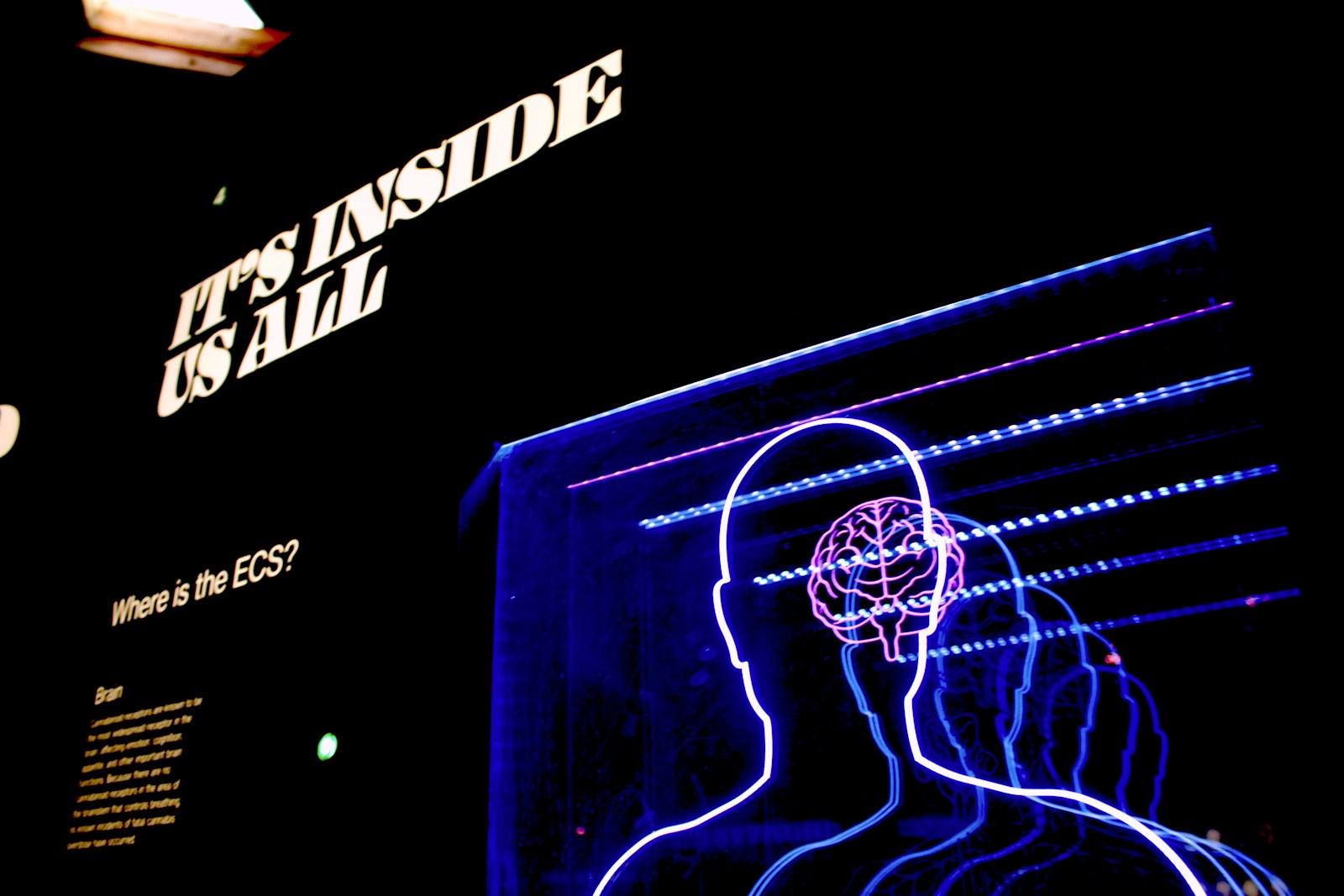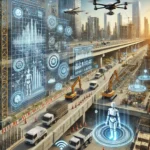The concept of the limits of human knowledge has been a topic of philosophical and scientific debate for centuries, but recent developments in science and epistemology continue to illuminate this fascinating frontier. In modern discussions, the question arises: Is there an endpoint to what we can know, or is the universe too vast, too complex, and perhaps too paradoxical for human cognition to fully grasp? Despite immense progress in science, these limits may be intrinsic to both our methods of inquiry and our very nature as observers.
One of the primary challenges facing human knowledge is the very structure of scientific inquiry itself. Science is founded on observations and models, many of which have been strikingly successful in describing the natural world. From Newton’s laws to Einstein’s theory of relativity, science has often appeared to unlock the secrets of the universe. However, each major scientific breakthrough also seems to introduce new, unanswered questions. For example, Newton’s mechanics, though remarkably predictive, eventually gave way to the need for Einstein’s relativistic corrections when anomalies such as Mercury’s orbit arose. This shows that even the most successful scientific theories may only approximate reality under certain conditions, and that science might not necessarily lead to ultimate truths, but rather, more refined models (The Scientist Magazine, 2019).
This problem extends to the foundations of logic and mathematics, which are central to scientific reasoning. Modern philosophical inquiry has revealed that even our logical frameworks have limitations when applied to understanding the world. Classical logic assumes that a statement is either true or false, but quantum mechanics has forced scientists to consider more nuanced logical systems, such as quantum logic. This introduces profound uncertainty into our understanding of the fundamental workings of the universe, suggesting that human reasoning itself may not be equipped to fully comprehend certain phenomena (arXiv, 2023).
Moreover, there are barriers to knowledge rooted in the way humans think and communicate. As philosopher Ludwig Wittgenstein famously argued, “the limits of my language mean the limits of my world.” Language, while a powerful tool for conveying information, is inherently imprecise. Certain concepts, especially in abstract or theoretical fields like quantum mechanics, are difficult to verbalize and communicate, even when they can be understood mathematically or intuitively. This limitation in expression reflects a deeper epistemological barrier: we can only know what we can meaningfully describe, and there may be truths that are simply beyond our cognitive or linguistic reach (Wittgenstein, 2001; arXiv, 2023).
Another significant obstacle is the “observer effect” in science, where the act of measurement affects the outcome. This is most famously demonstrated in quantum mechanics, where particles exist in a superposition of states until observed. The observer’s role introduces an unavoidable uncertainty in the nature of reality. The implication is that we can never obtain a fully objective picture of the universe because our very presence distorts the system we are trying to understand. As we continue to push the boundaries of knowledge, especially in fields like quantum physics, this observer-dependent limitation becomes more significant, suggesting that there may be aspects of the universe that are inherently unknowable to us (arXiv, 2023).
Culturally and historically, knowledge is also constrained by the societal frameworks that shape how and what we study. Each era defines its scientific priorities, shaped by social, political, and economic factors. In this way, what counts as legitimate knowledge or scientific inquiry can vary dramatically over time. This sociological dimension means that human knowledge is not only limited by cognitive and observational factors but also by the collective lens through which societies decide what is worth knowing (The Scientist Magazine, 2019).
Belief systems further complicate the matter. Humans have historically used beliefs to fill in the gaps of their knowledge, from ancient cosmologies to modern scientific theories. While beliefs can inspire exploration and experimentation, they can also hinder true understanding when held too rigidly. As knowledge expands, old beliefs often give way to new theories, but this process reveals another limit: the continual need to question assumptions, even those that seem scientifically sound. The history of science is littered with examples of theories once widely accepted but later discarded in the face of new evidence, from the geocentric model of the universe to the notion of spontaneous generation (The Scientist Magazine, 2019).
Despite these profound challenges, there remains a persistent drive within the scientific community to push against the limits of knowledge. From exploring the vast reaches of space to understanding the microscopic quantum realm, human curiosity is seemingly boundless. However, this pursuit must also acknowledge the limitations of current tools and methods. Whether through technological advancement, new theoretical frameworks, or expanded philosophical understanding, humans will likely continue to approach—but perhaps never fully cross—the ultimate boundary of what can be known.
In conclusion, while the quest for knowledge has brought humanity far, recent insights into both the philosophical and practical limitations of science suggest that some mysteries may remain forever beyond our reach. From the intrinsic limitations of logic and language to the ever-evolving nature of scientific theories, it is clear that human knowledge is not without its boundaries. Nevertheless, it is the recognition of these limits that often drives progress, as each new discovery forces us to redefine the horizons of what we believe we can know.








